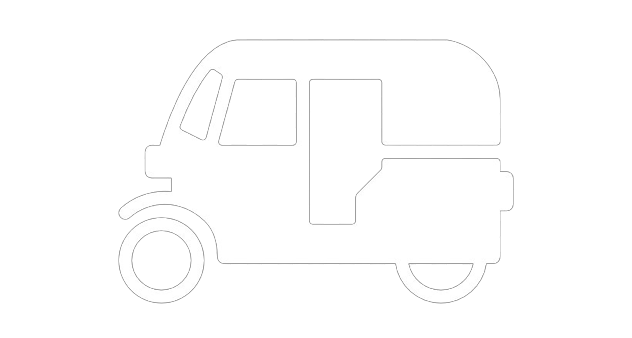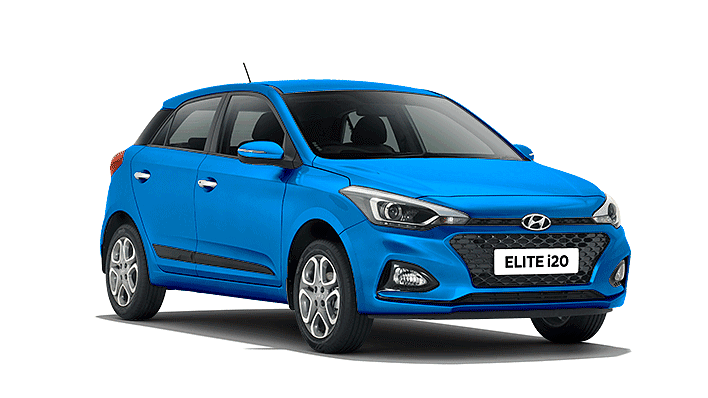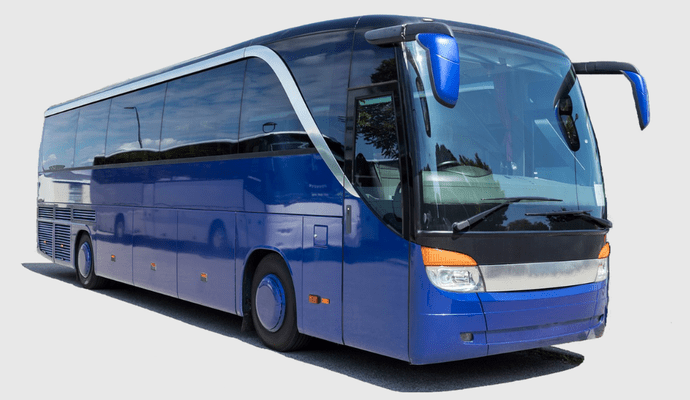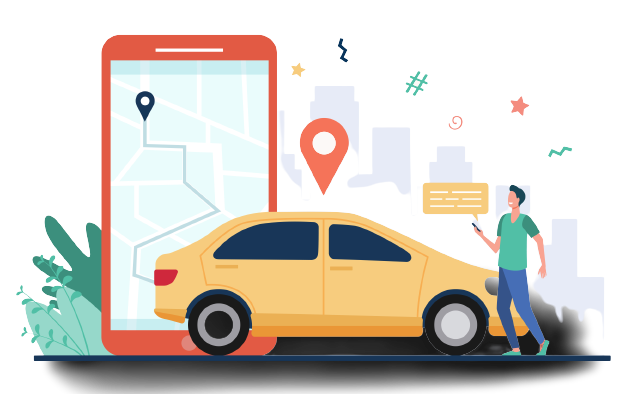How do I get started with Car Rental?
1. Research Rental Companies: Look for reputable car rental companies online or in your local area. 2. Compare Prices and Services: Compare prices, vehicle options, and services offered by different rental companies to find the best option for your needs. 3. Make a Reservation: Once you've selected a rental company, make a reservation either online or by contacting them directly. 4. Provide Necessary Information: Prepare your driver's license, payment information, and any other necessary documents required by the rental company. 5. Pick Up Your Rental: Visit the designated rental location at the scheduled time to pick up your chosen vehicle. 6. Inspect the Vehicle: Before driving off, thoroughly inspect the vehicle for any existing damages and ensure that any issues are documented by the rental company. 7. Understand Rental Terms: Familiarize yourself with the rental agreement, including the terms and conditions, insurance coverage, and any additional fees. 8. Return the Vehicle: Return the car on the agreed-upon date and time, making sure it's in the same condition as when you received it. By following these steps, you can easily get started with a car rental and enjoy a smooth and hassle-free rental experience.
What is difference for each plan?
1. Bus Ticket Booking: This plan involves booking tickets for bus transportation services, allowing users to reserve seats or tickets for specific bus routes and schedules. 2. Car Rental: This plan allows individuals to rent cars for a specific period, typically for personal or business travel. Customers can choose from a variety of vehicles based on their preferences and needs. 3. Auto Rental: Auto rental typically refers to the renting of various types of vehicles, including cars, trucks, vans, and other automobiles, for both personal and commercial purposes. 4. Carpooling: Carpooling involves sharing a ride with others, typically during daily commutes or long-distance travel, to reduce costs, alleviate traffic congestion, and promote a more sustainable mode of transportation. 5. Bikepooling: Similar to carpooling, bikepooling entails sharing a bike ride with others, often used for short-distance travel or commuting, and is known for its eco-friendly and cost-effective benefits. Each of these plans serves a unique purpose and caters to different transportation needs, whether it's for long-distance travel, daily commuting, or specific preferences for sustainable and shared mobility solutions.


















